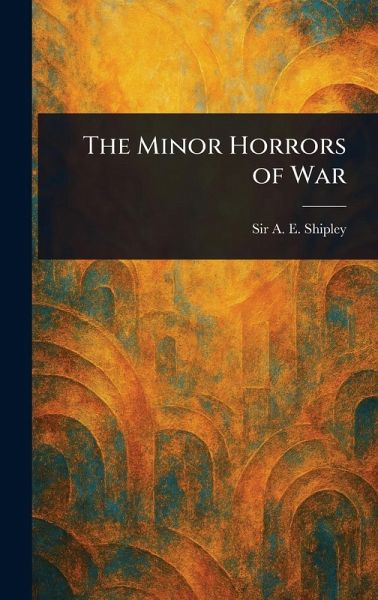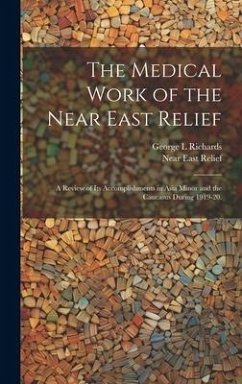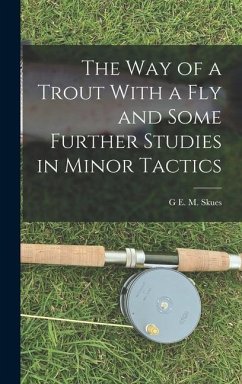
The Minor Horrors of War
Versandkostenfrei!
Versandfertig in über 4 Wochen
29,99 €
inkl. MwSt.
Weitere Ausgaben:

PAYBACK Punkte
15 °P sammeln!
"The Minor Horrors of War" by Arthur Everett Shipley offers a fascinating glimpse into the medical realities of World War I. This historical account delves into the experiences of soldiers during wartime, focusing specifically on a perhaps unexpected aspect of military medical services: the use of leeches. A valuable resource for those interested in military history, the book sheds light on the day-to-day realities faced by those serving on the front lines and the medical practices employed in response. Explore a unique perspective on the war experience, through the lens of its more unusual tr...
"The Minor Horrors of War" by Arthur Everett Shipley offers a fascinating glimpse into the medical realities of World War I. This historical account delves into the experiences of soldiers during wartime, focusing specifically on a perhaps unexpected aspect of military medical services: the use of leeches. A valuable resource for those interested in military history, the book sheds light on the day-to-day realities faced by those serving on the front lines and the medical practices employed in response. Explore a unique perspective on the war experience, through the lens of its more unusual treatments. This carefully prepared print edition brings this historical text to a wider audience, preserving its insights into the challenges and innovations of wartime medicine. A compelling read for anyone curious about the intersection of history and medical practices in the context of one of the 20th century's most significant conflicts. This work has been selected by scholars as being culturally important, and is part of the knowledge base of civilization as we know it. This work is in the public domain in the United States of America, and possibly other nations. Within the United States, you may freely copy and distribute this work, as no entity (individual or corporate) has a copyright on the body of the work. Scholars believe, and we concur, that this work is important enough to be preserved, reproduced, and made generally available to the public. We appreciate your support of the preservation process, and thank you for being an important part of keeping this knowledge alive and relevant.














